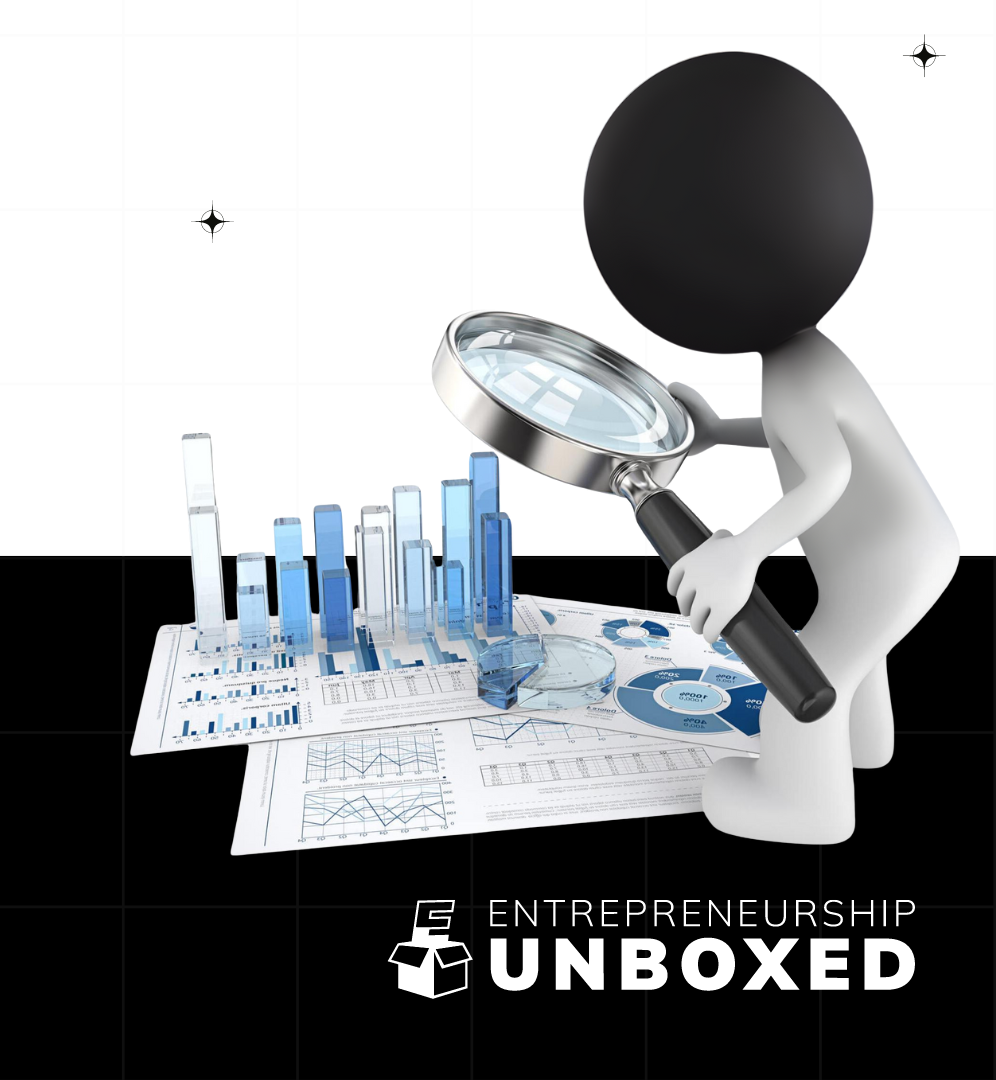Lessons from the Reddit Playbook provide insights and strategies for growing businesses, inspired by the YCombinator blog post on The Reddits. It offers valuable lessons for entrepreneurs, executives, and leaders to build successful, engaging, and profitable online communities and companies.
As an entrepreneur, you face unknowns daily. There is no proven formula or checklist. You are charting new territory. Edmondson equips founders with a framework to transform inevitable mistakes from discouraging setbacks into fuel for growth.
Here are 3 core takeaways from "The Right Kind of Wrong" and how entrepreneurs everywhere can apply them:
1. Normalize Failure by Embracing Quick Small Failures
Edmondson encourages entrepreneurs to intentionally create environments where small failures happen frequently. This prevents fear of failure from paralyzing progress. Leaders who are transparent about discussing their own missteps show teams it's okay to fail.
Entrepreneurs should foster a startup culture that expects errors and values rapid iteration. Frame mistakes as learning opportunities, not mistakes. The more you expose flaws early through constant testing, the faster you can adapt.
Takeaways for Entrepreneurs:
- Set an example by talking openly about your mistakes and what you learned.
- Use minimum viable products to quickly test flawed ideas and get customer feedback.
- Avoid shame or blame when failures happen – analyze them neutrally.
- Ensure teams feel psychologically safe surfacing issues or taking smart risks.
Normalizing failure from the start makes it easier for startups to take risks, course correct, and achieve breakthroughs.
2. Favor Learning Through Experiments Over Theoretical Perfection
In uncertain startup environments, rigid adherence to plans and over analysis can backfire. Edmondson advocates taking an experimentation mindset.
Rather than waiting to perfect solutions, test rough drafts quickly to gather evidence on what works. Raw prototypes, small beta launches, early customer discovery – these experiments yield valuable learning to shape better products people want.
Takeaways for Entrepreneurs:
- Develop hypotheses and assumptions then design scrappy experiments to validate them.
- Focus on meaningful progress through testing versus theoretical perfection.
- Build a culture focused on evidence-based decisions, not HiPPO (highest paid person's opinion)
- Get comfortable launching imperfect MVPs, iterating based on customer feedback.
- View every failure as data to improve. Failure itself is not failing.
Progress happens through experimentation. Failure is not the opposite of success – it's part of the process.
3. Assemble Diverse Teams to Expand Your Innovation Range
Homogenous teams limit the range of ideas and solutions available, Edmondson notes. Groups lacking in diversity tend to land at consensus quickly without constructive debate of alternatives.
Entrepreneurs should proactively build diversity across gender, backgrounds, disciplines, personality types, and thinking styles. This expands the breadth of failures and breakthroughs you can uncover.
Takeaways for Entrepreneurs:
- Seek different perspectives - introverts, extroverts, generalists, specialists, etc.
- Train teams in candid but respectful disagreement and debate
- Facilitate equal airtime across demographics in meetings and brainstorms.
- Mitigate dominant personalities from overriding others.
- Fully explore a wide solution set before aligning on a path.
Diversity makes the right kind of failure more likely. But founders must foster inclusion for people to contribute meaningfully.
Key Takeaway
Edmondson powerfully dispels the notion that great success comes from avoiding all mistakes and uncertainty. Entrepreneurs who transcend the cultural stigma around failure will gain a massive competitive advantage.
Rather than quick success without failures, build a startup culture that learns from small frequent failures. Focus on evidence over opinions. And ensure diversity across all elements of your venture.
Progress flows through experiments. Setbacks are data. Entrepreneurs who leverage the right kinds of failures will unleash more innovation, creativity, and growth. Reframe failure as a feature, not a bug - the necessary predecessor to success.








